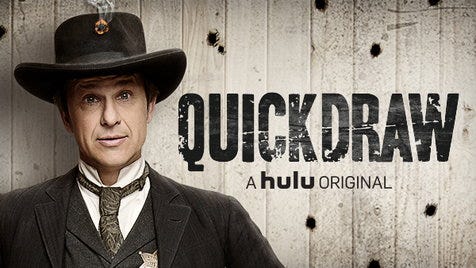So What, Who Cares (vol 1, issue 8) Why charity challenges don't happen in a void
The French purportedly ease out of the torpor of August and into the vigor of the harvest season with something called la rentrée, which is when people return to school, launch new projects at work and generally return to normalcy. I like that concept a lot better than the fundamental weirdness of Labor Day, which attempts to close the summer season at entirely the wrong time (kids are already back in school, there's still a month of warm weather left in many places). Let's all embrace la rentrée.
*
When it comes to charity challenges, a little cultural modification can be great. In India, clean water isn't nearly so abundant as it is in the U.S. -- that, or people are just more aware of what a precious resource water is -- and so the Ice Bucket Challenge has evolved into something that is both marvelously effective and sensitive to the nation's infrastructure challenges. The Rice Bucket Challenge requires participants to fill a bucket with rice and give it to a person in need.
So what? The Rice Bucket Challenge elegantly sidesteps the waste of one of the world's most precious resources, it addresses a direct issue that the country is struggling with, and it maintains the same elements that make the Ice Bucket Challenge so compelling -- the task is easily accomplished, it's incredibly personal, it's not a huge drain on time or money, it's easy to share with your peers.
Who cares? Beside Indians who are getting buckets of rice? One hopes would-be social media consultants for nonprofits/charities are paying attention to how cleverly one person was able to grasp what made the Ice Bucket Challenge so effective, then apply a more culture-specific twist.
*
Some cultural practices are still remarkably persistent, especially if there's human waste involved. One hundred and forty-five years ago, Mohandas Ghandi was born, and he once said of his country that good sanitation practices were more important than independence. While India got the latter, it's still struggling with the former, in that an estimated 130 million Indian households lack toilets and up to 72% of rural residents just defecate in the open. As a result: Heightened child mortality; chronically ill adults who produce mentally and physically stunted children; sexual predators who rape and murder women who have to relieve themselves after dark. Fixing this problem is daunting, because open defecation has religious and cultural roots stretching back 2000 years.
So what? India's losing big in terms of human potential if a substantial percentage of its population is too sickly to reach their full cognitive or physical potential. Politicians are already nervous about the country's annual rate of growth (stuck at 5% annually), and having another wave of departing, young educated professionals flee for different countries means that India is facing the question of how to cultivate and retain human capital. "By raising children next to a sea of soupy human waste" is not working as a growth strategy.
Who cares? India's governing class. And Hindus, who are really not too happy that researchers are pointing fingers at their long history and cultural practices while pointing out that Muslims (who tend to use toilets, no matter how poor or rural they are) aren't suffering the same rates of illness.
*
To see where a company is going, check its help-wanted ads. Buzzfeed is posting for tons of jobs, and among them: a Mumbai writer who will help launch a "uniquely Indian" version of the site. The site's been bulking up its India-focused content in recent months, and regular users of the app will have noted how often Indian-themed content -- much of it centered around progressive social justice -- has been pushed into the regular rotation.
So what? Checking the job listings is often a better way to get a sense of where a company's planning to chase money. In addition to Mumbai, Buzzfeed's also eying Brazil and Spanish-speaking Latin American markets.
Who cares? Anyone with skin in the content game, and anyone with skin in the ad industry. Buzzfeed is getting lots of attention for its "native advertising" model, in which sponsored content is given the same placement and viral-media properties as its editorial content: Media types hate it because it blurs the line between truth-seeking reportage and paid placement, which is already an issue for millennials who say they trust advertorial content over actual editorial content. And ad agencies hate it because if a publisher can do ads better than an ad agency, what's the future of ad agencies? Buzzfeed is currently raking in huge money by positioning itself as a tech company that happens to produce very good longform journalism and insanely effective ads. Imagine if it takes that juggernaut and conquers a few emerging powerhouse markets with it.
*

Today's final note in pop culture: We are in the bleak days of television -- summer series winding down, fall series still simmering in promos. So may I recommend checking out Hulu's original programming? I recently binge-watched Quick Draw, which is basically Reno 911! set in Deadwood. There's a lot to like about the actors' interplay and subtle send-up of western-genre tropes.
*
Got something you'd like to see in So What, Who Cares? Have a comment? Hit me up at twitter: @lschmeiser. Tell your friends about So What, Who Cares too!

